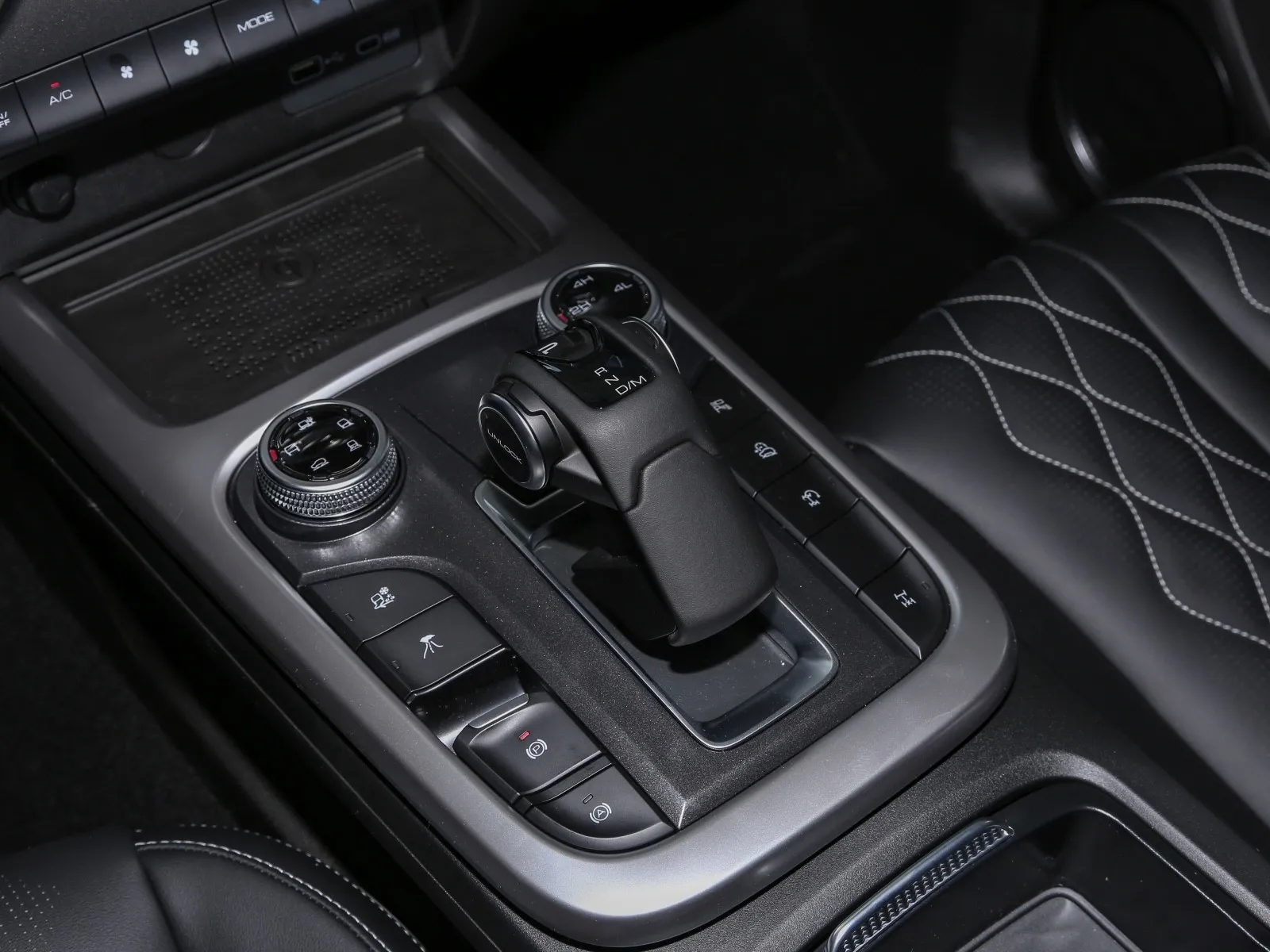4l80 transmission controller
Understanding the 4L80E Transmission Controller An Essential Component for Performance and Reliability
The 4L80E transmission is a robust and versatile automatic transmission designed by General Motors and commonly found in their heavy-duty trucks and high-performance vehicles. It is notable for its durability and ability to handle high torque, making it a popular choice for both stock and modified applications. However, to fully harness the potential of this formidable transmission, a proper transmission controller is essential. This article delves into the intricacies of the 4L80E transmission controller, its functionalities, benefits, and the impact it has on vehicle performance.
What is a 4L80E Transmission Controller?
The 4L80E transmission controller is an electronic unit responsible for managing the operation of the 4L80E transmission. It controls various functions, including shifting points, line pressure, torque converter lockup, and more. Unlike older transmission systems that relied on mechanical linkages and vacuum controls, the 4L80E uses electronic signals to provide precise and efficient gear management. This advancement allows for improved performance, better fuel economy, and smoother driving experiences.
Key Functions of the 4L80E Transmission Controller
1. Shift Point Control One of the primary roles of the transmission controller is to determine when to shift gears based on factors like throttle position, vehicle speed, and load. This enables the transmission to adapt to different driving conditions seamlessly, offering optimal performance whether on the highway or navigating urban environments.
2. Line Pressure Management The controller modulates line pressure within the transmission, which is crucial for ensuring smooth shifts and maintaining performance under varying loads. Proper line pressure helps prevent slippage and wear, extending the life of the transmission.
3. Torque Converter Lockup The torque converter is vital for connecting the engine to the transmission. The controller manages the engagement and disengagement of the torque converter lockup, which enhances fuel efficiency during steady cruising by eliminating converter slip.
4. Diagnostic Capabilities Modern transmission controllers are equipped with diagnostic features that allow for real-time monitoring of the transmission’s performance. This includes reading fault codes, monitoring fluid temperatures, and ensuring that all electronic components function correctly. These capabilities are invaluable for troubleshooting and maintenance.
4l80 transmission controller

Benefits of Upgrading to an Advanced Transmission Controller
Upgrading to a more sophisticated 4L80E transmission controller can yield numerous benefits
- Customizability High-performance aftermarket controllers often allow users to customize shift points, firmness, and other parameters for tailored performance that suits individual driving styles.
- Improved Fuel Efficiency By optimizing shift schedules and torque converter lockup points, an upgraded controller can significantly enhance fuel economy, particularly in vehicles used for towing or heavy loads.
- Enhanced Towing Performance For those who use their trucks for towing, a better transmission controller can improve the overall performance under load, ensuring that shifts occur smoothly and at the right moments to prevent strain on the engine and transmission.
- Longevity of Components With better management of transmission functions, potential issues can be mitigated, leading to reduced wear and tear on critical components, ultimately resulting in a longer lifespan for the transmission.
Conclusion
The 4L80E transmission controller plays a pivotal role in the functioning and performance of vehicles equipped with this robust transmission. From managing shift points to ensuring proper line pressure and lockup, the controller is integral to achieving the desired performance characteristics. Whether for daily driving, towing, or high-performance applications, understanding and potentially upgrading the transmission controller can lead to significant improvements in efficiency and vehicle reliability. As automotive technology continues to evolve, the importance of such electronic controls will only increase, making the choice of the right transmission controller critical for any automotive enthusiast or practical user alike.
-
SINOTRUK HOWO 84 Electric Dump Truck for Eco-Friendly Heavy HaulingNewsJul.26,2025
-
The Fast 16-Gear Manual Transmission Assembly for Heavy TrucksNewsJul.25,2025
-
Mercedes Benz Actros 1848 42 Tractor Truck for Sale - Reliable PerformanceNewsJul.24,2025
-
High-Quality Water Pump Assembly for Sinotruk Trucks – Durable & ReliableNewsJul.23,2025
-
Premium Truck Engine Antifreeze Coolant Fluid for Heavy Duty VehiclesNewsJul.22,2025
-
FOTON View G7 Mini Bus: Affordable & Spacious TransportNewsJul.22,2025
Popular products

























